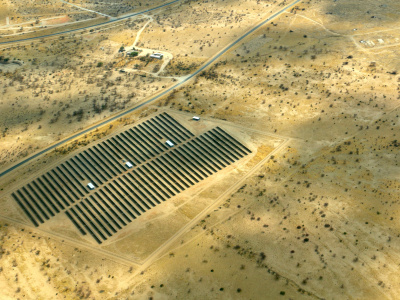
African voluntary carbon markets: Boom or bust?
Authors
Voluntary carbon markets could help address the climate finance shortfall in the Global South. Nadia Ashraf and Karim Karaki examine the differences between compliance and voluntary carbon markets, touching on the controversies surrounding voluntary markets. They analyse the challenges and opportunities for voluntary carbon markets in Africa, providing recommendations for policymakers.
Summary
The global climate finance gap, estimated at $ 2.4 trillion per year until 2030, will be at the heart of many COP29 discussions. Adequate climate finance is particularly critical for the Global South, where limited fiscal space and sovereign debt crises hinder investments in low-carbon transitions. Direct carbon pricing, which can take the form of carbon tax, voluntary carbon markets or compliance carbon markets, has emerged as a promising solution.
In this paper, we zoom in on voluntary carbon markets, which, despite past controversies, are increasingly seen as an opportunity to harness natural capital and attract private investment for green growth, particularly in Africa. Framing voluntary carbon markets within broader carbon market dynamics, we highlight the differences between compliance and voluntary markets, as well as controversies surrounding voluntary markets. We then analyse the development of voluntary carbon markets in Africa, outlining challenges and opportunities. We conclude by offering high-level recommendations for African policymakers based on the current context and political ambitions.





